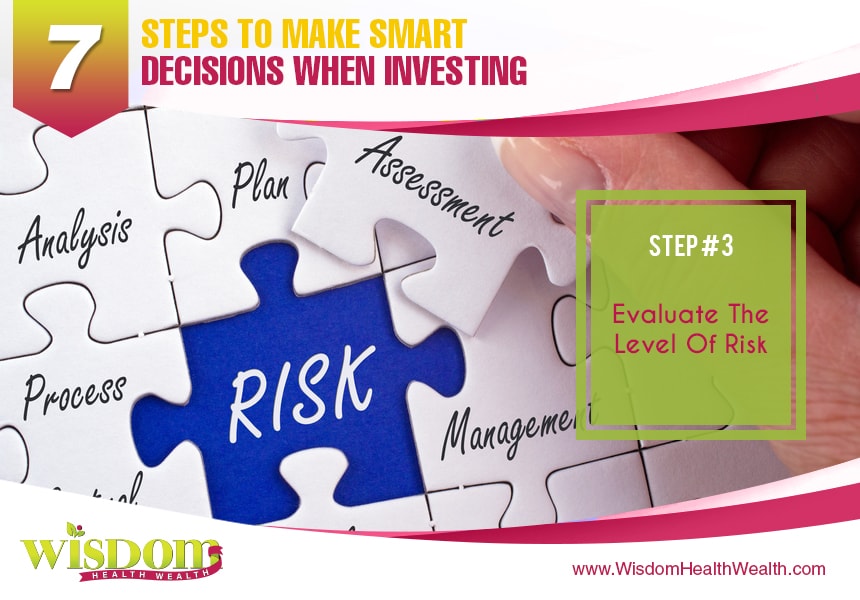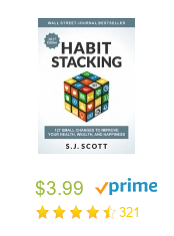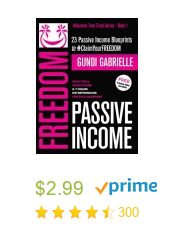
7 Steps To Make Smart Decisions When Investing

Smart Ways To Make Your Money Grow
Nearly everything you do regularly is accomplished by following a process. You follow a certain sequence of steps to accomplish your objectives, like when you bake a cake or get ready to go to work in the morning. Your level of success in any activity is mostly dependent on the quality of your process and your ability to follow it accurately.
Likewise, smart investment decisions require a solid decision-making process. Follow these steps. Be smart when investing!

1Ensure That It's The Best Use For Your Money
Paying off a credit card with a 22% interest rate is likely to result in a better return. It can even be better than any other financial investment. In most cases, not always, investing is a smart move.

2Create A Timeline
Consider whether the investment is congruent with your investing timeline. All investment goals should have a timeline. Does this potential investment match the deadline of your investment goal? It doesn't make a lot of sense to invest in ultra-conservative, short-term investments to achieve a goal that's 20 years into the future.

3Evaluate The Level Of Risk
Is the risk level appropriate for your timeline and your comfort level? Do some research and decide if the risk is too much for you to handle. If it is, don't do it.

4Understand The Investment
Some investments are extremely challenging for even financial professionals to grasp fully. Avoid being lured into investments that are beyond your current level of expertise. Albert Einstein once said that you might not truly understand something if you can't explain it to your grandmother. Could you explain your investment to your grandmother and make her understand?
It's not easy to be successful with something you don't understand. Seek advice from a financial expert, then try explaining your investment to someone with less financial sophistication than yourself to show that you fully understand it. Do you know everything you need to know? Some investors have a habit of knowing 90% of what they need to know and then decide that's "good enough" because things are getting too tedious.

5Reflect On Your Investment
Warren Buffet once implied that if people were limited to ten investments, they would make their choices more carefully and end up extremely wealthy. Would you make this particular investment if you were limited to only ten?
Ask yourself if your investment choices are based on valid reasons. Did you research or verify your decision? Would you feel confident recommending this investment to a friend or family member? Are you guilty of any behavioral finance biases?

6Assess The Level Of Monitoring
Assess the level of monitoring that the investment will require. Some investments require little monitoring. However, many require constant attention.
Are you prepared to do the necessary work? And do you know how? Create a schedule for follow-up that's appropriate for your investment.

7Know When To Get Out Of The Investment
Every investor is well served by knowing when and how to get out of an investment. Know your exit strategy. Identify and recognize the signs that it's time to get out of an investment.
What sign will you look for as a signal that it's time to sell? Is your investment sensitive to interest rates? Will a change in technology render your company's primary product or service obsolete?

Many people view investments as lottery tickets. And they spend more time investigating a vacation spot rather than researching where their money is going. Give your investments and your future the respect they deserve.
Try this process before making your next investment decision. Use a good decision-making process. It will always give you better results.
About Author
John Quintana
GET THE FREE MAGAZINE DELIVERED STRAIGHT TO YOU:









































